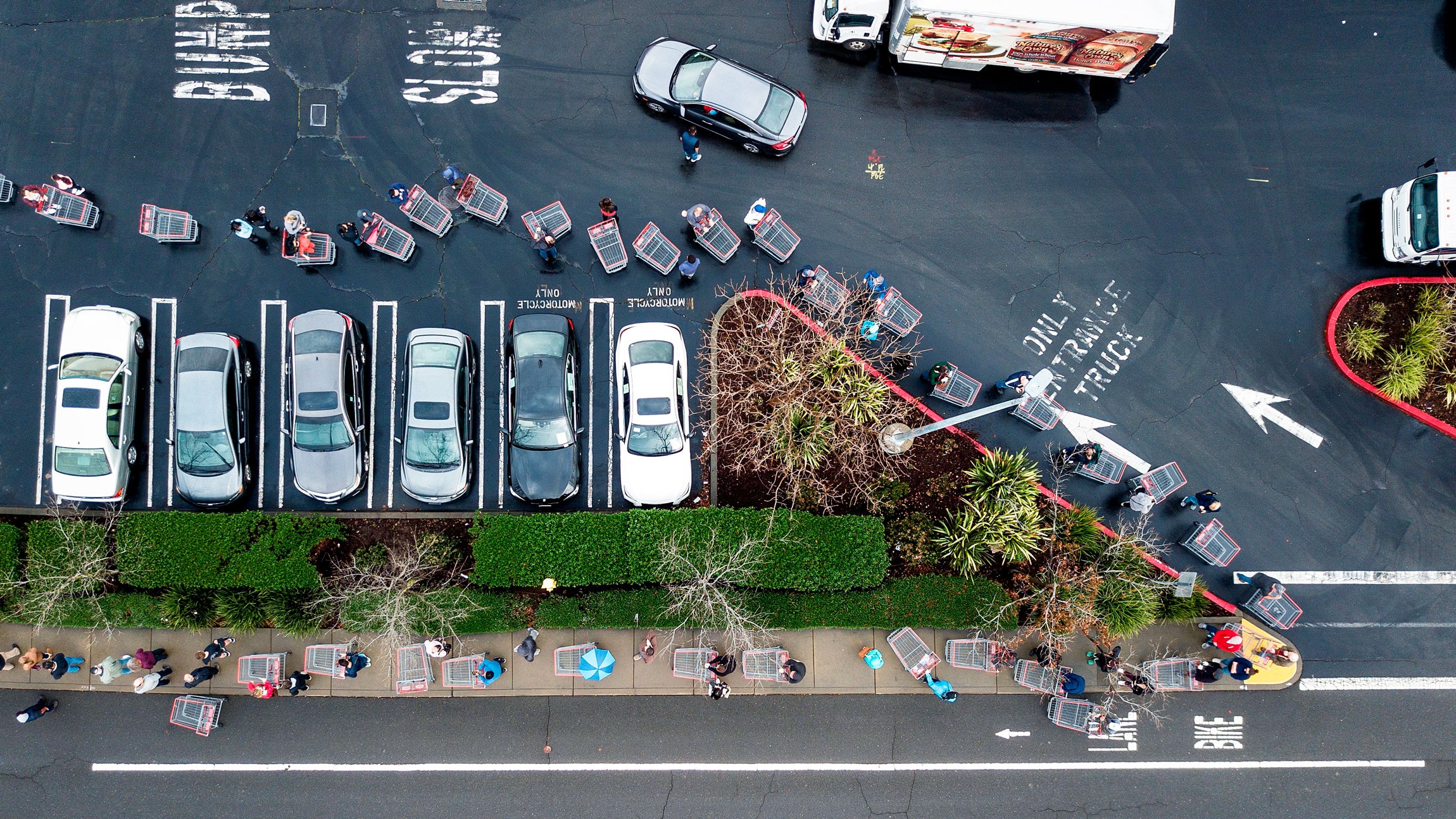
Two articles, one by Matt Simon in Wired and another by Benedict Carey in the New York Times, summarize scientific research that illustrates why mass panic is unlikely in this pandemic situation.
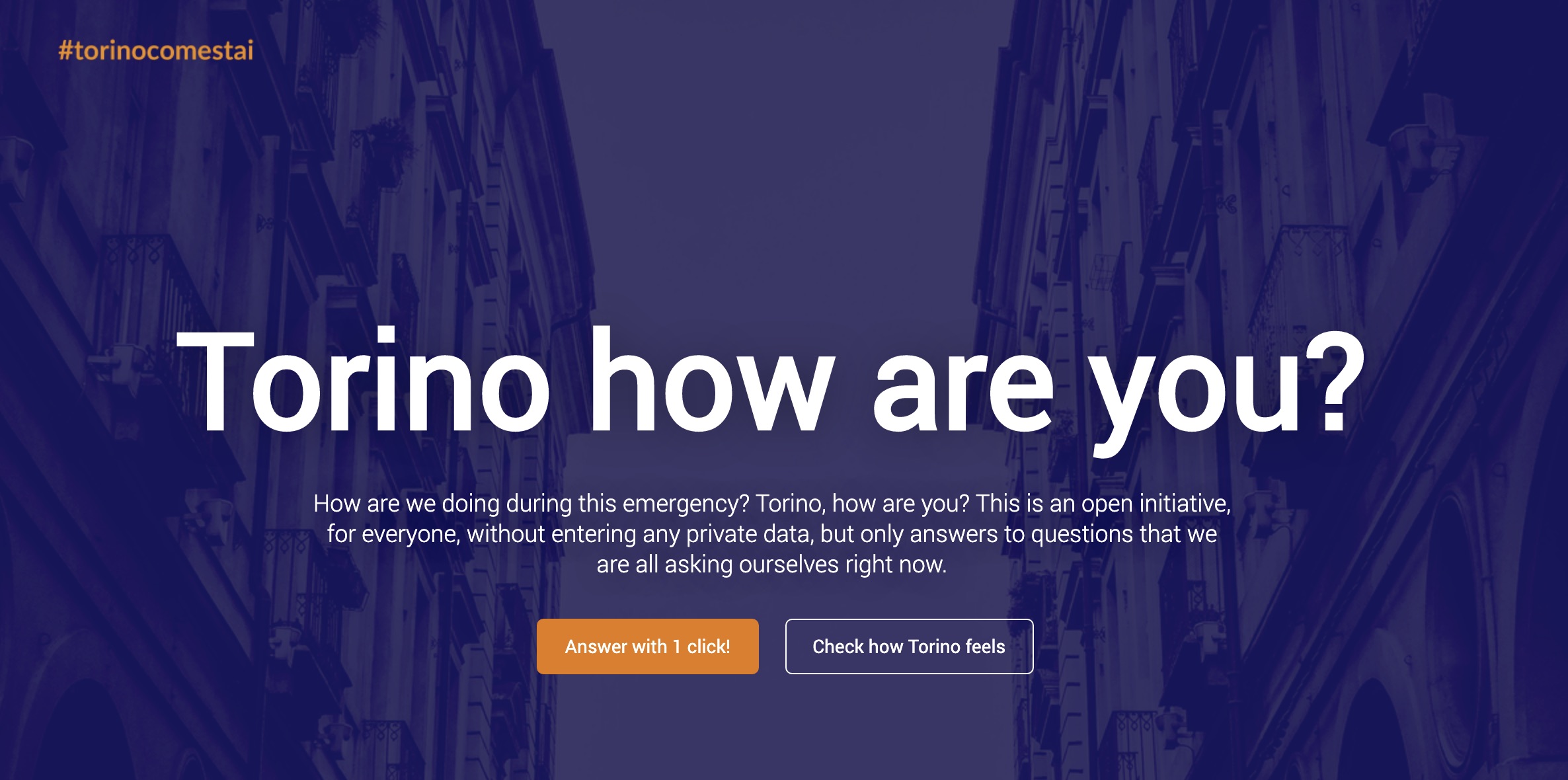
How are we doing in this emergency?
Collecting the answers we will not only know how we are, what has changed in our habits, and what our needs are, but we will also observe how the people close to us are doing in the various neighborhoods and throughout the City of Turin.

Come stiamo in questa emergenza?
Raccogliendo le risposte potremo sapere non solo come stiamo noi, cos'è cambiato
nelle nostre abitudini e quali sono le nostre necessità, ma osserveremo anche come
stanno le persone a noi vicine nel quartiere e in tutta la Città di Torino.

This book describes the psychological reactions to pandemics, including maladaptive behaviors, emotions, and defensive reactions, and reviews the psychological vulnerability factors that contribute to the spreading of disease and distress.

Job No. 1 for CEOs today is ensuring the company delivers a compelling customer experience, notes this opinion piece for Knowledge@Wharton by Mark Leiter.
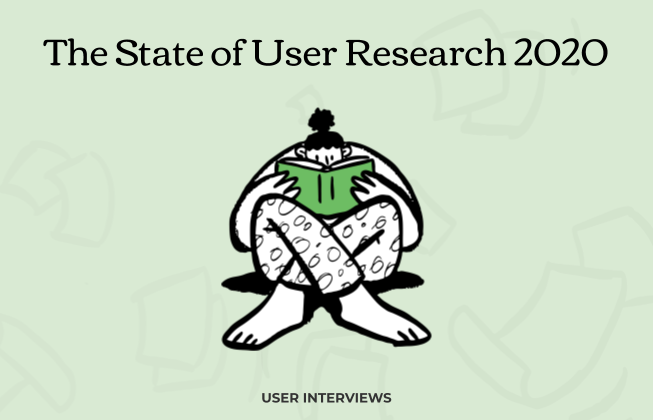
UserInterviews asked over 300 user researchers globally what their research practices looked like, how their teams were laid out, and what they earned. The data gives us an excellent idea of best practices in the field.

Carissa Véliz is a philosopher and ethicist who works on digital ethics, practical ethics more generally, political philosophy, and public policy
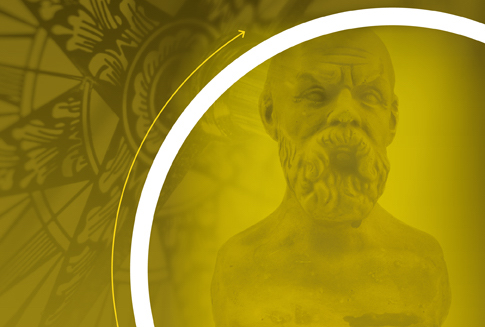
No "knockdown" objection has appeared to date that should make us reject the nudge approach overall. At the same time, serious ethical concerns have emerged that should guide and inform discussions around whether and which particular nudge policies should be pursued, and, if so, how.

This special issue of the Journal of Digital Social Research collects the confessions of five digital ethnographers laying bare their methodological failures, disciplinary posturing, and ethical dilemmas.

In this book, leading business anthropologist Simon Roberts breaks down the revolutionary idea of embodied knowledge: the information that is unconsciously picked up by our body for use in almost every area of our lives.

Transformations in design practice between the Dotcom Crash and the rise of machine intelligence

Humans' biggest advantage over other species is our ability to cooperate.

A visit to the smart-city-in-progress at Sidewalk Toronto prompts questions about what it means to "participate" in civic design.
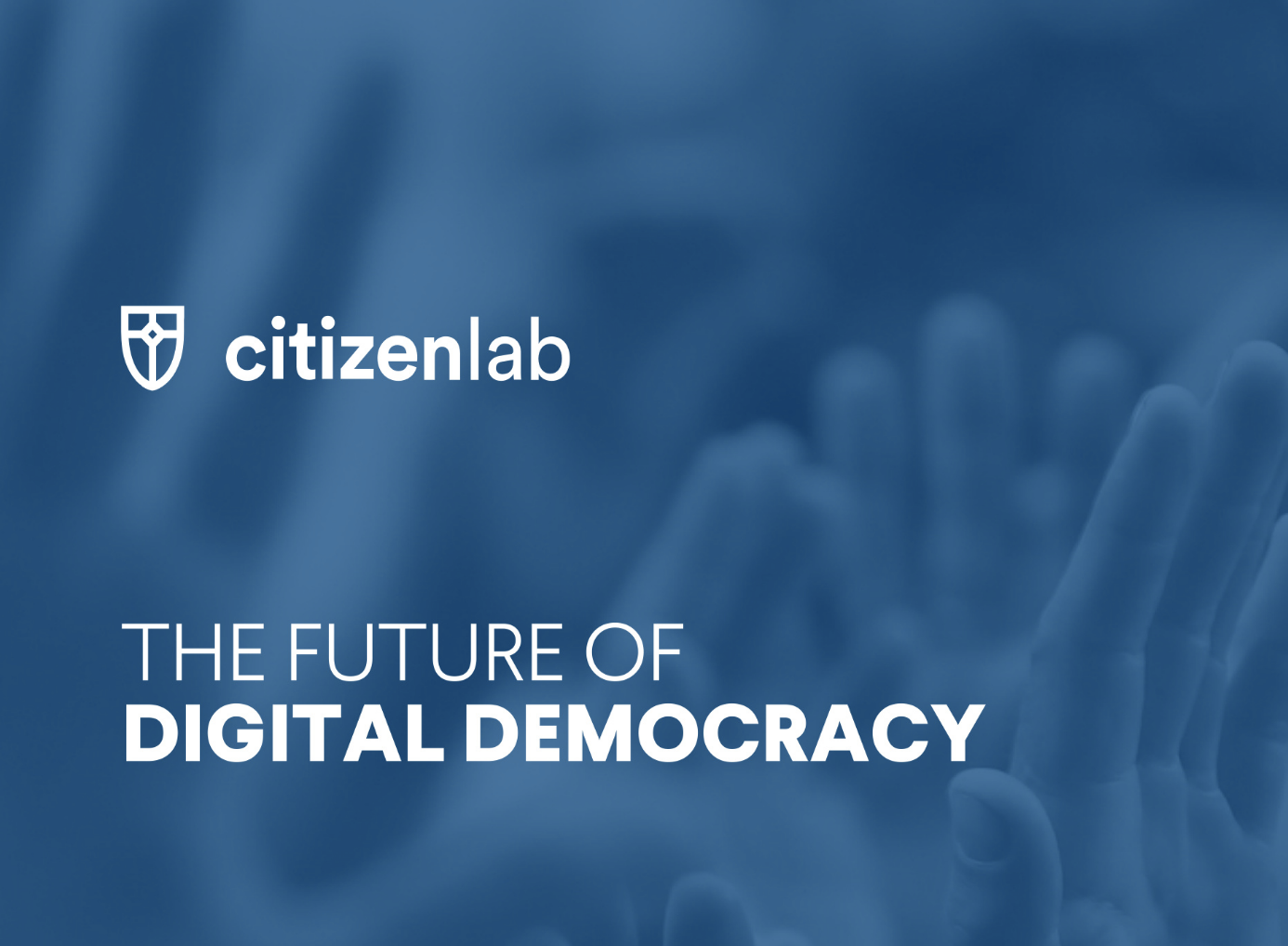
The Brussels-based digital participation platform CitizenLab asked 12 digital democracy experts to share their predictions on the future of digital democracy
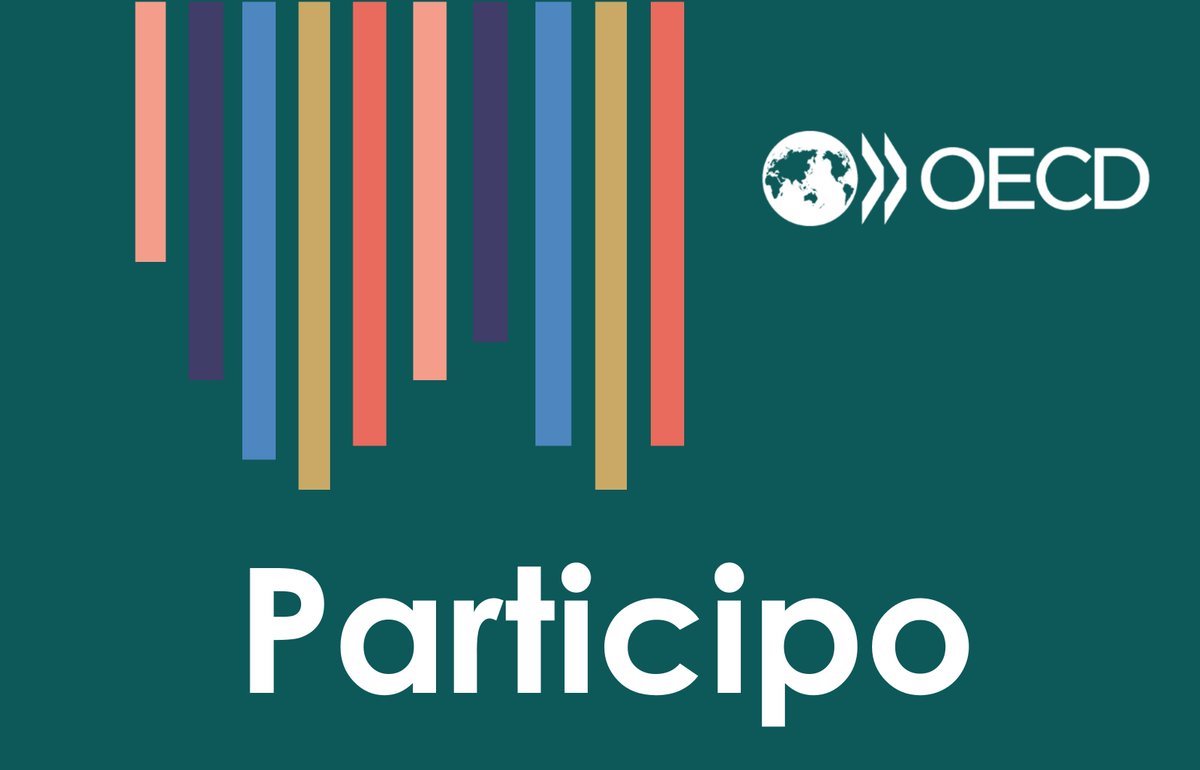
The first post, by Participo editor Claudia Chwalisz, reflects on how the OECD can help renew democracy in an age of complexity and disillusionment.
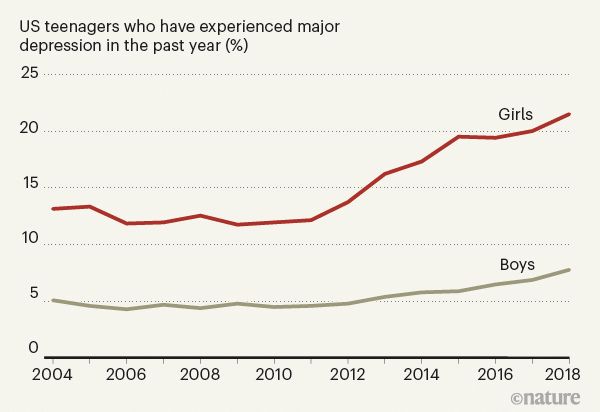
Does time spent using digital technology and social media have an adverse effect on mental health, especially that of adolescents?
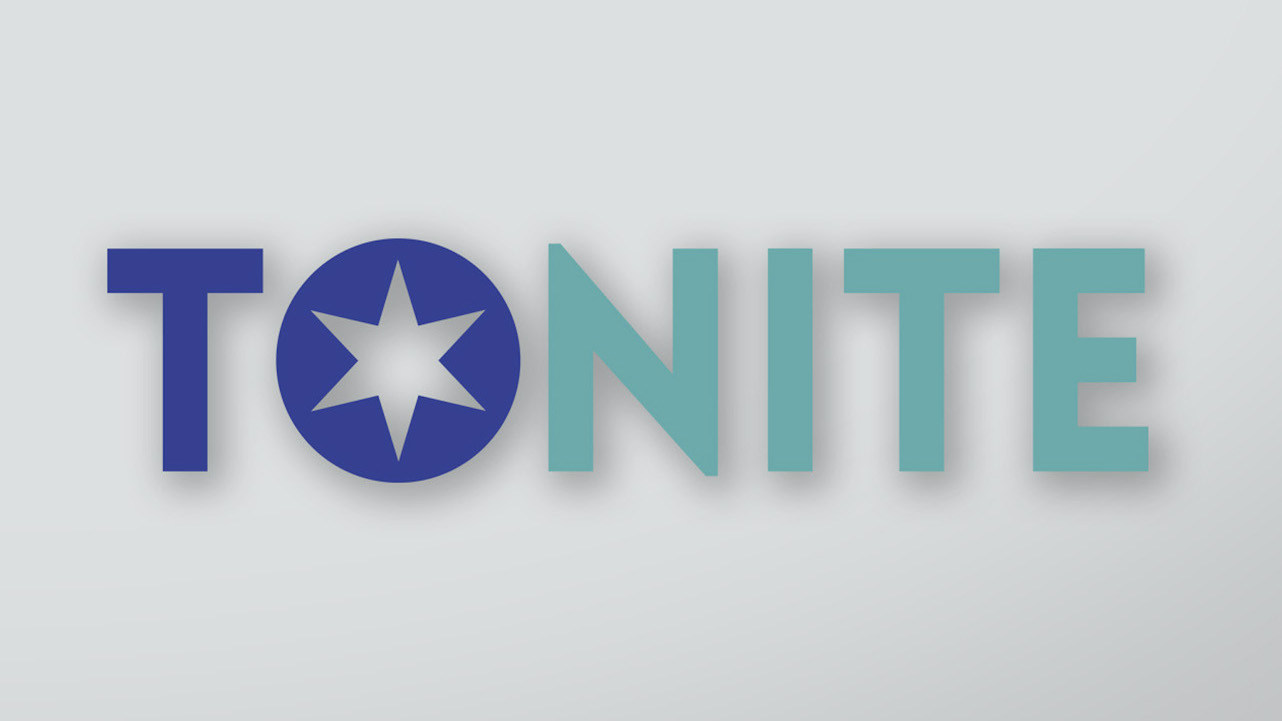
Presentation event on 14 February in Torino of the European project that aims to improve the liveability of the areas around the river Dora
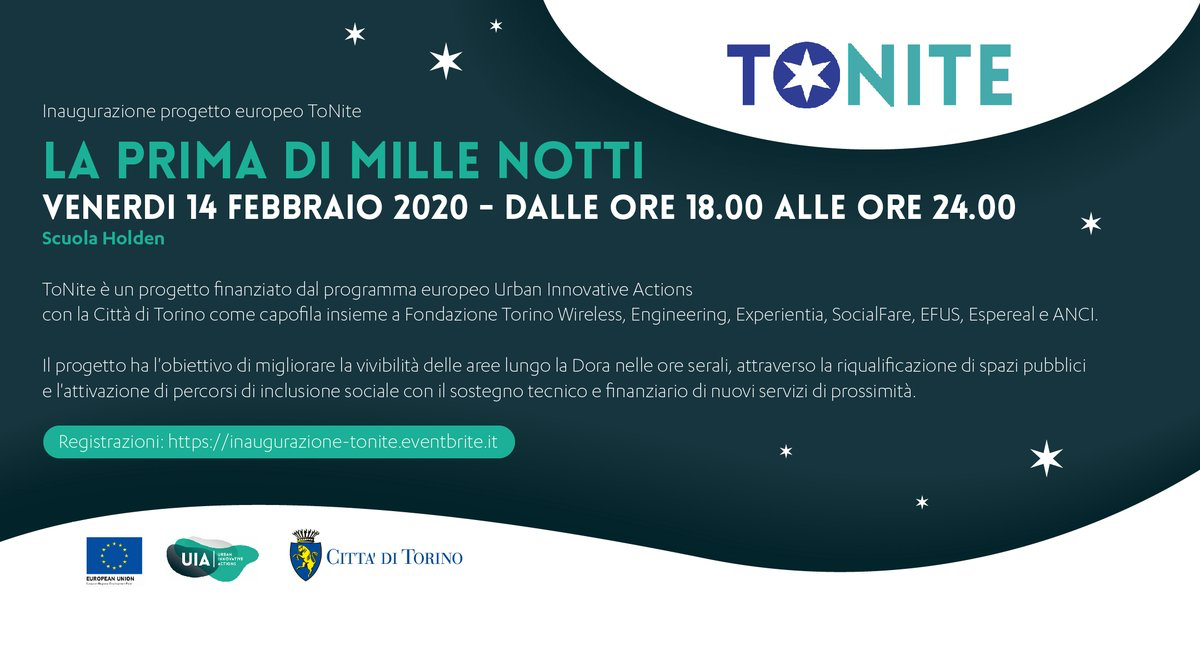
Evento di presentazione del progetto europeo che intende migliorare la vivibilità delle aree attorno al fiume Dora

The editor in chief of Behavioral Scientist asked 120 behavioral scientists around the world how they imagined the next decade of behavioral science: hopes and fears, predictions and warnings, open questions and big ideas.

A new psychology study on how being disrespected leads to increasing cynicism has repercussions for online behavior



















